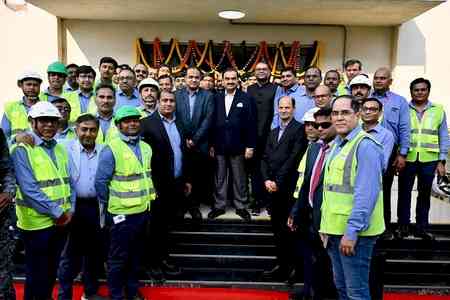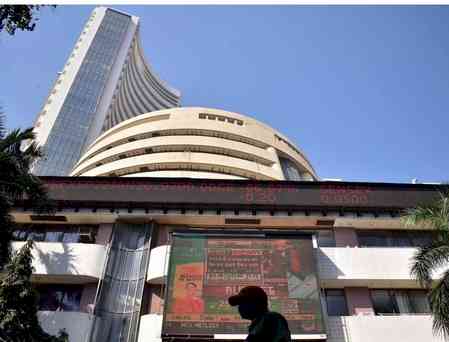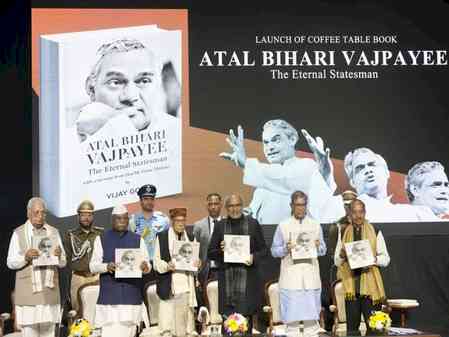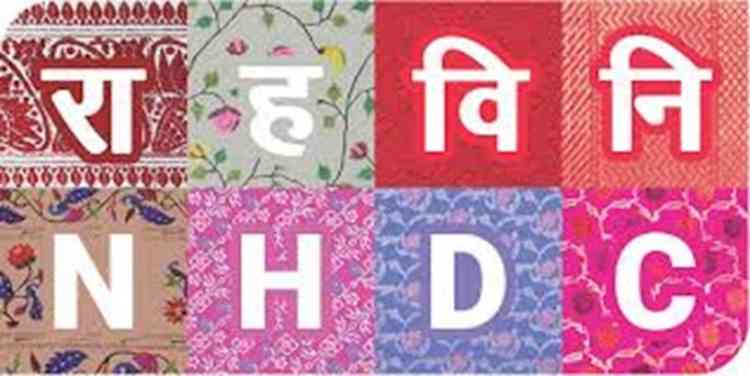Industry reactions to Union Budget 2022-23 (Part-2)

Dr. Rakesh Gupta, Chairman, Sarvodaya Hospital, Sector 8, Faridabad
“A bold budget that lays down a 25-year roadmap for India to become a truly digital economy. The announcement regarding establishment of the National Digital Health Ecosystem is significant. It will make the health sector much more efficient and bring it into the modern age. Mental health has emerged as a silent epidemic in the last few years. Setting up a national tele mental health program to provide counselling and support to patients fulfills an urgent, long-felt need of an overlooked health challenge. Upgrading two lakh anganwadis with better infrastructure will have a positive effect on child health. There is no significant increase in budgetary allocation to health for FY 22-23, which is a bit disappointing considering how the Indian healthcare system struggled to meet the challenge of the epidemic. However, all in all, it is a very well thought out budget that will have a positive impact on the digital and health infrastructure of the country.”
Srikanth Chakkilam, CEO & Non-Executive Director, Cigniti Technologies
“As a Digital Assurance and Digital Engineering company we truly welcome this budget. It is a move to put India into the orbit of unrivalled growth that a 5g enabled economy can usher in all across.
Ensuing the pandemic, the world has seen accelerated adoption of technology. Countries, Economies and Companies are racing to become Digital First and this is a firm step from Indian government to ensure we are truly Digital. The budget serves as a blueprint to reach tech-based, inclusive and futuristic growth potential of an aspirational India. The spectrum auction for 5G networks will give telecom companies the license to give the next-generation wireless communication services to the masses. A scheme for design-led manufacturing in 5G will be introduced as part of the PLI scheme that the government runs to boost local manufacturing. The government’s reform measures to facilitate the proliferation and penetration of broadband and telecom connectivity in India will further accelerate India’s dream of digital transformation. The digital rupee using block chain and other technologies will give a big boost to the tech eco-system of India. We perceive this move to be a big positive push for the government's "Digital India" programme”.
Krupal Parchure Head Fintech & Payment Solutions, MYn
“I believe the budget 2022 is an amazing take by the government. They have covered most of the key focus areas and have announced some very calculated measures and policies. Like, for MYn, an app that works in the social media space, E-registrations for content developers was one big highlight of Budget 2022. This will give a proper definition and recognition to the content creation professionals. Another landmark achievement would be the introduction of digital currency. It decreases the dependency on cash, transactional & settlement costs. It opens up regulated & legal tender-based payments as well.
Government has also given easy access to credit for MSME sector, which is in line with RBI’s decision to have an Account Aggregator framework. This will narrow the credit gap that exists for the MSMEs and will democratise credit.
However, there are many areas that are not aligned well.
For example, Budget 2022 promotes gaming platforms, drones for crop digitization & land records, e-passports and open platforms for health services which leads the path for Digital India. But it arises the question- will a citizen’s health records be exposed to big tech? The fact is these initiatives need a very strong data privacy setup and Indian data privacy laws need clarity. So, Is India ready to take data privacy seriously now?
Another achievement in this year’s budget is taxation of crypto currency and NFT, as digital currency has always been in the grey area. However, there are no operational guidelines, nor regulation around crypto and NFT. So how is the government talking about taxation first, without a clear policy on operating it?
Overall, the Budget 2022 fuels the digital growth of the nation and we hope the government will take proper measures in the wake of the new initiatives.”
Vikas Bhasin, MD, SAYA Homes
“The Union Budget 2022-23 is progressive, providing a broad-spectrum boost to the economy, particularly with its emphasis on improving the country's infrastructure. The government has increased the Capex target by 35.4 percent, from INR 5.54 lakh crore to INR 7.50 lakh crore, potentially boosting overall spending for economic growth. The budget also emphasises the importance of appropriate urban planning, while simultaneously providing some assistance to states and keeping the budgetary deficit in check. Another significant plus is that the government's goal of creating 6 million new jobs over the next five years will allow residential real estate to expand across the country. In a post-covid era, it's a good budget since it hasn't altered the tax system, leaving individual discretionary incomes unaffected and the government has continued on its stated path to job creation. However, a few pressing issues in the real estate sector remain unaddressed such as granting the sector industrial status and tax breaks on home loans to enhance buyer confidence.”
Ketan Doshi, Managing Director of PayPoint India
“While digital banking and fintech innovations have grown rapidly in the recent past, the Government is continuously encouraging this segment to ensure that the benefits of digital banking remotest corner of the country.
Presenting the budget for the financial year 2022-23, the finance minister mentioned that the Government’s aim for this year would be to expand the scope of digital banking further and take it to every citizen and make it more inclusive. Taking forward this agenda, 75 digital banking units are expected to be launched in 75 districts to incentivize digital payments adoption and bolster the payments infrastructure further. The thrust on the digital ecosystem and the technology adoption in rural areas would immensely benefit from the move.
Further enabling financial inclusion is the move to connect 150,000 post offices in India to the core banking system, allowing people, especially in rural areas, to access their accounts online and transfer money within post office accounts and other banks.
Additionally, the launch of Digital Rupee is a move that comes at a suitable time. It would create a seamless and cost-effective payment system and eliminate the spread and use of unregulated digital currencies. We expect the virtual currency to positively stimulate the economy and help promote further innovations in the digital and blockchain technology ecosystem.”



 cityairnews
cityairnews 










